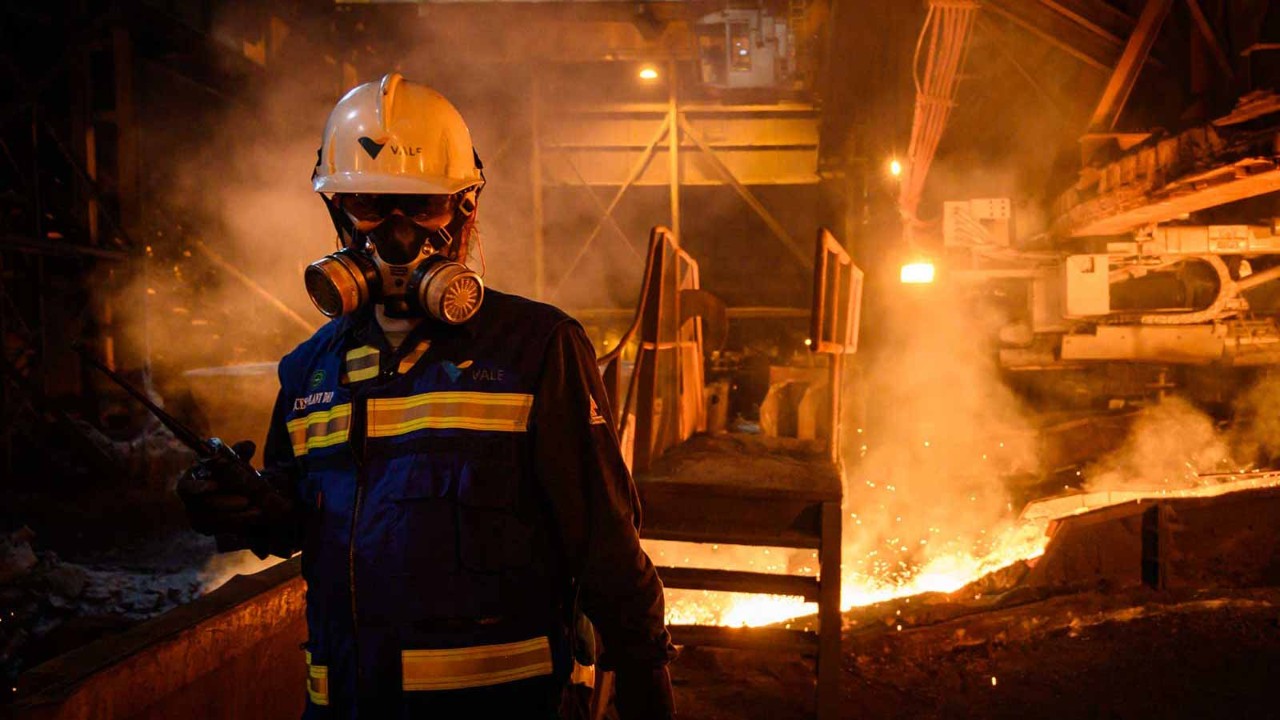
With a population of 275 million and a steady average growth rate of 5% over the past decade, Indonesia is one of the most promising of the emerging economies. Its success is partly the result of its policy of banning the export of unprocessed nickel in order to boost the value added in-country to the ore. The resulting surge in foreign investment in nickel-related activities has led the government to consider similar policies for other raw materials. It may also encourage other developing countries to follow suit. However, there are questions about how effective such industrial policies can be in the long term.
Base metal into gold
In the three years since Indonesia implemented a total export ban on unprocessed nickel ore, new investments worth tens of billions of dollars have been announced in nickel smelters and the production of electric batteries and the vehicles they power – nickel is a crucial component in the electric vehicle supply chain. Global corporations such as Hyundai, LG and Foxconn have piled into Indonesia, which is also currently courting Tesla. Other companies such as BASF are also said to be planning large investments. As a result, Morowali on the island of Sulawesi has emerged as a new pole of economic development in Indonesia.

Indonesia’s ‘downstreaming’ policy extracts more economic value out of its raw materials
This ‘downstreaming’ policy to create more economic value out of Indonesia’s raw materials appears to be a great success. So much so that similar policies are being considered for commodities including bauxite, tin, copper, palm oil and gold. A ban on the export of unprocessed bauxite ore is already scheduled to come into effect in June 2023.
Stumbling blocks
What are the long-term effects of these policies? First, the nickel smelter investments are believed to be commercially viable largely because of subsidised inputs and generous tax holidays. Often, a reliance on government support inhibits efficiency improvements and risks regulatory capture, and temporary tax breaks end up becoming permanent to keep the activity within the country’s borders.
Second, the gains in the nickel-processing sector come at the expense of losses in mining, where the lost production for global markets will prompt a wave of redundancies that may ultimately outweigh the headcount expansion in processing. Meanwhile the looming bauxite ban is expected to cost US$500–600m in export earnings.
Key to the success of the nickel policy is Indonesia’s strong presence in world nickel markets
Third, it is questionable whether similar positive results can be achieved for Indonesia’s other commodities. Key to the success of the nickel policy is Indonesia’s strong presence in world nickel markets, where it accounts for almost half of nickel production and around a fifth of estimated world reserves. Given the limited number of other sellers in the nickel market, buyers may have decided that the least costly option was to set up smelters in Indonesia.
In contrast, the same degree of market dominance is lacking in other commodities. Indonesia has only a small share of world production and reserves in minerals such as bauxite and copper. For bauxite importers, buying elsewhere will be a much easier response to an Indonesian ban on the export of bauxite ore. To induce increased downstream activity in processing bauxite or other minerals, Indonesia would therefore have to offer even greater financial incentives than it has for nickel.
Fourth, the World Trade Organization (WTO) has ruled that Indonesia’s export ban and domestic processing requirement on nickel ore violate its rules. It is not clear what action Indonesia may take as a result but there may be a shift in policy from one that relies on export taxes rather than an export ban.
In other words, extending the export ban to other commodities is unlikely to produce similar gains for the economy as the nickel strategy seems to have produced. In the longer term, success in nickel is not assured, and the WTO findings may also lead to a change in policy. Emerging economies thinking of following similar policies in commodities, may wish to proceed with caution.




